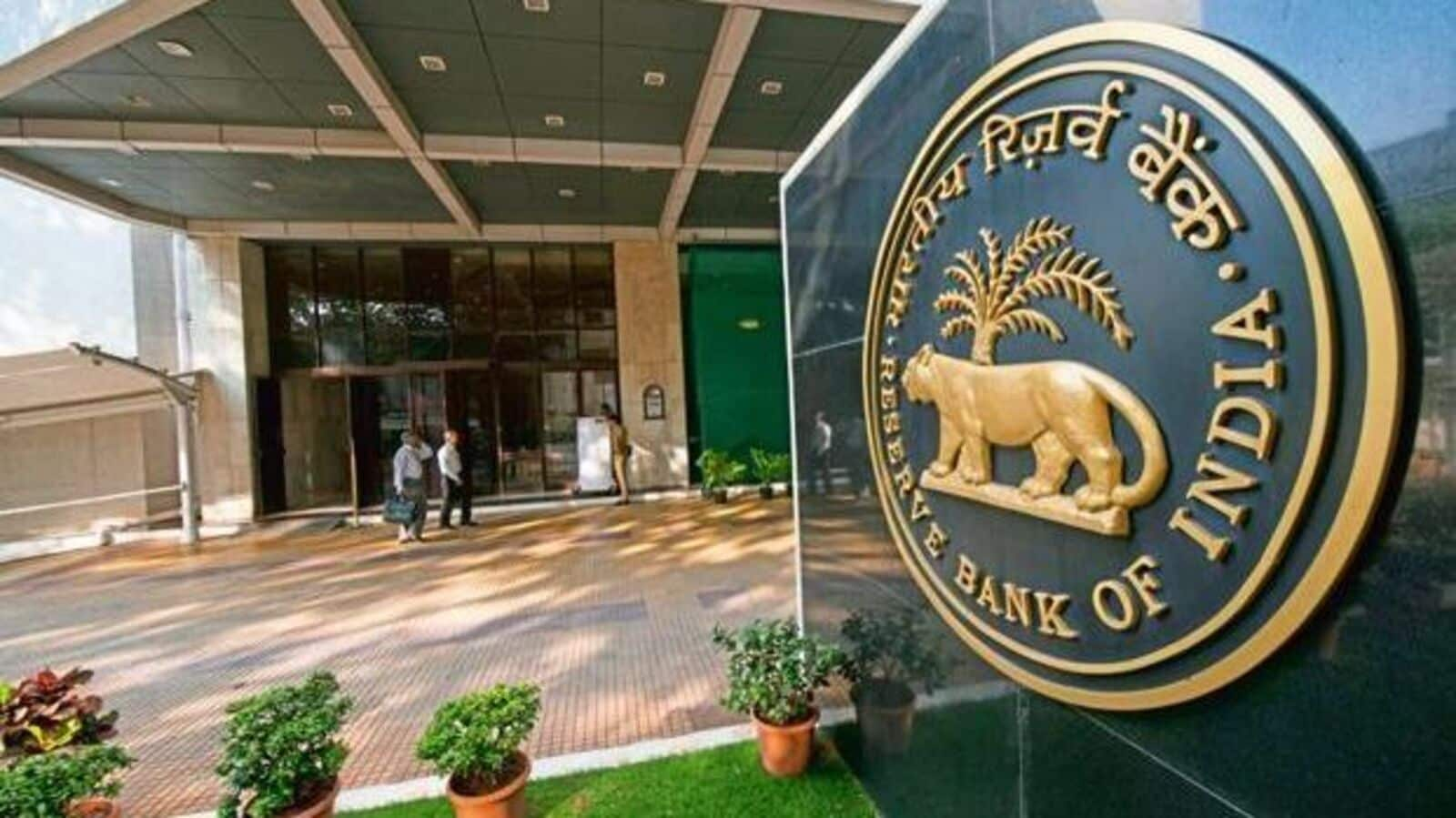Mumbai: To achieve the same level of efficiency as domestic payments, cross-border transactions will require going beyond existing infrastructure, technology, processes and categories of ecosystem participants, according to Reserve Bank of India Deputy Governor T. Rabi Sankar.
“One of the key issues we are discussing globally is how to achieve the efficiency we have seen in domestic payment systems and in cross-border systems. The global discussions taking place clearly demonstrate that the solution ultimately has to include systems that go beyond the existing infrastructure,” Sankar said at the Global Fintech Fest (GFF) on Thursday.
“This indicates that if we want to achieve these efficiencies, we need to have players other than banks, technologies that are different from those that exist today, and processes that are different from those of the traditional correspondent banking system that exists.”
Role of SRO
Many of these inefficiencies exist because the right technology does not exist and therefore the onus is on fintechs to eliminate them, Sankar said, adding that self-regulatory organisations (SROs) can play an important role in guiding the sector towards identifying and eliminating such inefficiencies.
The RBI on Wednesday approved the application of Fintech Association for Consumer Empowerment (FACE), recognising it as the first SRO for the fintech sector.
“An SRO must consciously and consistently work to create conditions conducive to competition. Competition is essential for markets to be effective and efficient,” Sankar said, adding that price efficiency or lowest cost is an important indicator of market integrity and one of the two main assets of the fintech industry, along with faster delivery.
“But this cost efficiency should be driven by technology, not by the ability to sustain losses. It is understandable that new technologies have business strategies that are radically different from those of traditional companies. Therefore, the SRO needs to push the industry to ensure that such strategies do not exclude competition, which ultimately stifles innovation,” he said.
Another area where the SRO should focus is on creating value for consumers, which is one of the main reasons why fintechs have been a “positive disruptive force.” At the same time, the SRO should identify, raise awareness and ensure that the industry moves away from several emerging unfavorable practices, such as dark patterns.
“It is incumbent on an SRO to urge the fintech sector not to lose sight of the fact that earning trust necessarily involves treating customers fairly, which includes not only fair pricing but also pre- and post-sale interactions. Of particular importance is the need to provide products that meet genuine and socially productive customer needs,” Sankar said, citing the need for truthful advertising and pre-sale communication as an example.
Fintech companies must also be mindful of social and macroeconomic interests and priorities and not subordinate them to commercial interests. Only a self-regulatory organisation can instil such a culture. The motto should be to leverage technology, do business honestly and with integrity and ensure that the customer is not harmed in the process, he added.
While regulatory changes may create some friction with industry members, the industry has to adapt and this adjustment can be smoother and faster if it is sensitized to measures to improve system integrity, customer protection and reduce risk in the system.
“The fintech industry is in its infancy, it has a lot of growing to do, I think the SRO has to start preparing the industry, so that the sector faces the reality that, as it matures, it has to reflect this in the way it behaves.”
Digital currency
The deputy governor also addressed the growth of central bank digital currencies (CBDCs) and the role of fintechs in the growth of the segment.
“What programmability does in CBDC is to establish a use case where only one token/CBDC can be used. The possibilities are endless, what we are seeing here is just the beginning of some simple programs. As the ecosystem develops, more and more programs are added, you can practically program it for any specific use and when that happens, no other instrument can do it. That will probably put CBDC almost on par with any other payment system we have,” Sankar said on the sidelines of the event.
“I am confident that with the clear use cases that will be established with programmable tokens/CBDCs, this segment of the market can become as liquid or as heavy as any other segment,” he said, adding that the growth potential in payments remains very large despite the growth seen so far.
A Reserve Bank of India survey conducted in 2022 showed that only a little over 40% of respondents had ever used a digital transaction. Also, only 23% of respondents said they use digital transactions regularly. This growth potential, combined with the public goal of financial inclusion, makes a business case for the fintech sector, he said.
Catch all the Industry News, Banking news and updates on Live Mint. Download the Mint News App To obtain daily Market Updates.
FurtherLess
Disclaimer:
The information contained in this post is for general information purposes only. We make no representations or warranties of any kind, express or implied, about the completeness, accuracy, reliability, suitability or availability with respect to the website or the information, products, services, or related graphics contained on the post for any purpose.
We respect the intellectual property rights of content creators. If you are the owner of any material featured on our website and have concerns about its use, please contact us. We are committed to addressing any copyright issues promptly and will remove any material within 2 days of receiving a request from the rightful owner.

